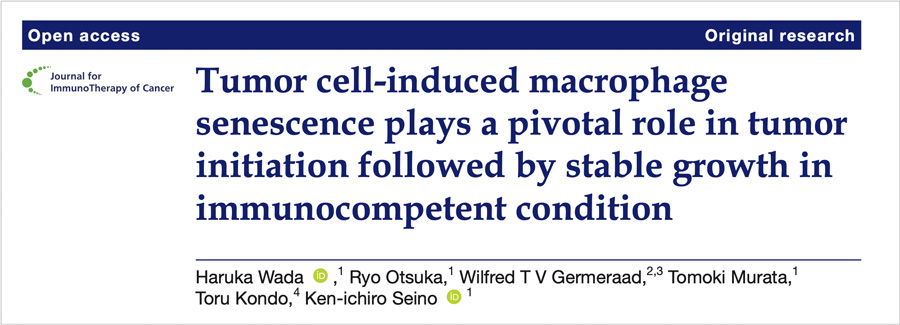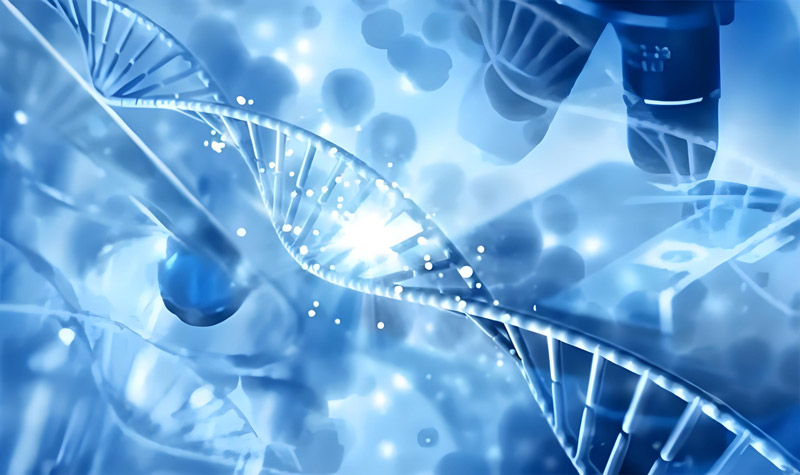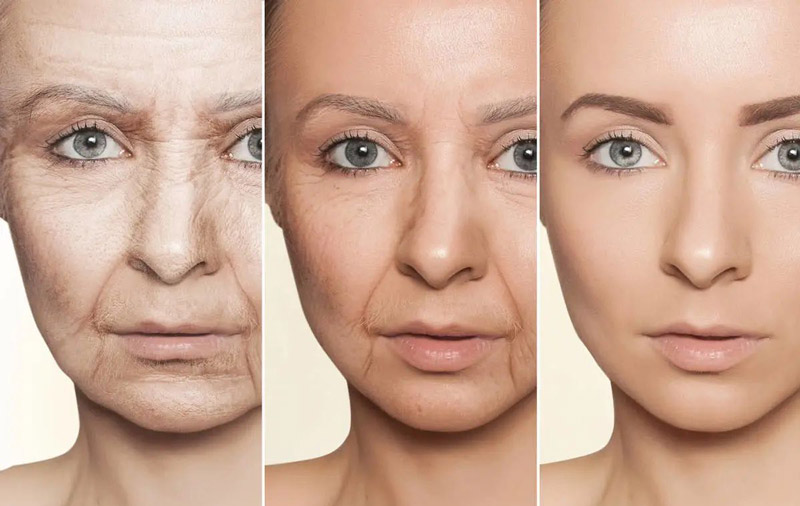A research team from Hokkaido University in Japan published a study on the anti-cancer effect of NMN in the Journal for ImmunoTherapy of Cancer and found that NMN can prevent immune cell aging and inhibit tumor growth.
1. Immune cells and Cancer:
Macrophages are the first line in the body responsible for destroying cancer cells, but cancer stem cells make them inactive and unable to effectively remove cancer cells.

By improving the aging state of macrophages, NMN restores their vitality, and thus enhances the ability to remove cancer cells.
2. Anti-cancer mechanism of NMN:
IL-6 (interleukin-6) secreted by cancer stem cells can cause senescence of macrophages around tumors, thereby affecting their anticancer function.

Aging macrophages secrete the immunosuppressive molecule Arginase-1 (argininase-1), which further suppresses the activity of T cells and causes them to malfunction.
By increasing the level of NAD, NMN effectively alleviates the aging of macrophages and prevents the dysfunction of T cells, thus enhancing the overall anti-cancer ability.
3. Experimental results:
In a tumor model of immunoactive mice, about 70 percent of the mice in the control group developed tumors and died as a result.

Tumors were observed in only about 20 percent of mice treated with NMN, and survival rates improved.
This suggests that NMN can inhibit the emergence and development of tumors, reducing the incidence of cancer by about 71.4%.
4. Summary:
By improving the function of immune cells, especially macrophages and T cells, NMN significantly inhibits tumor growth and reduces the incidence of cancer.
This discovery provides a new idea and direction for the application of NMN in the field of anti-cancer, and also provides a new therapeutic hope for cancer patients.






